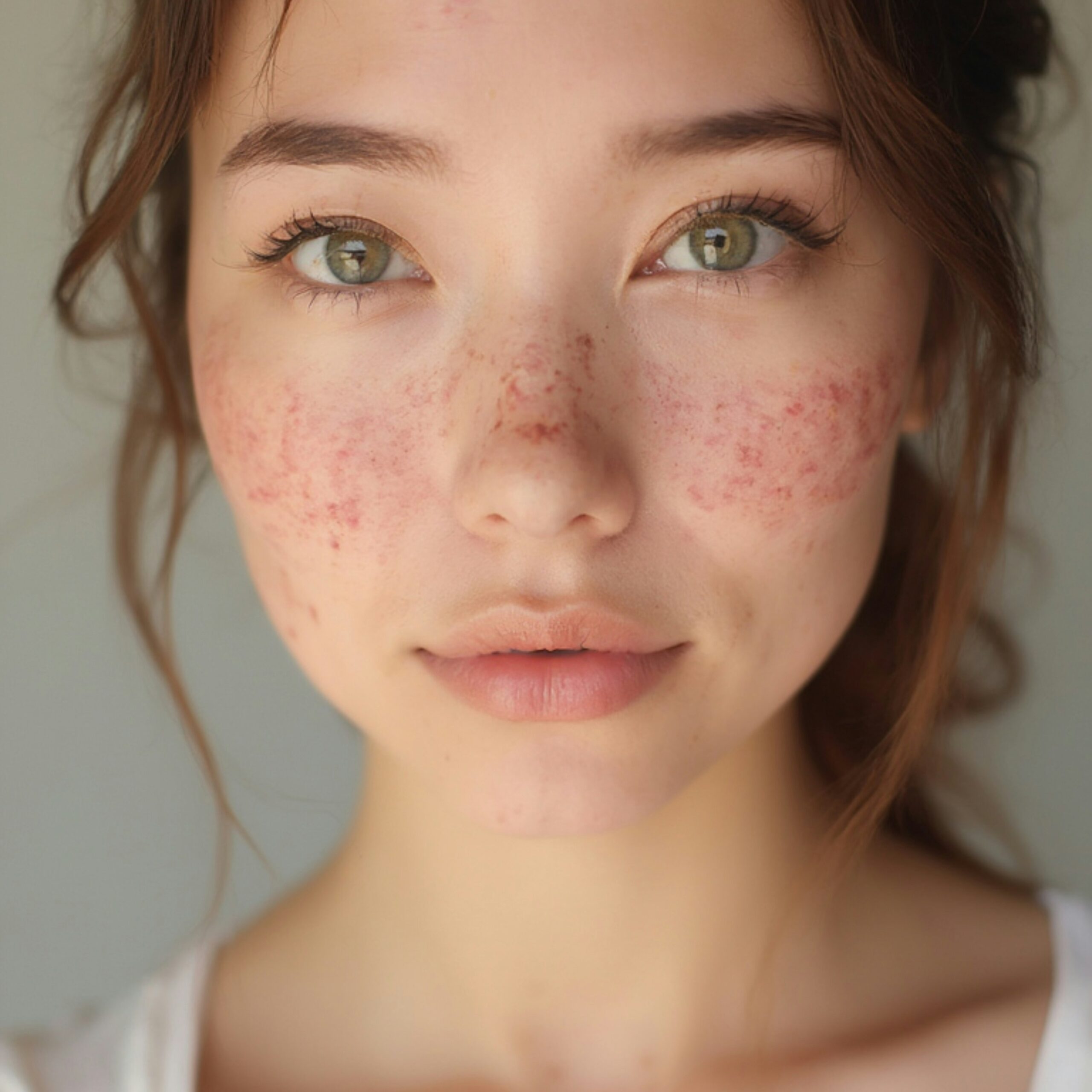Physical Address
304 North Cardinal St.
Dorchester Center, MA 02124
Physical Address
304 North Cardinal St.
Dorchester Center, MA 02124

Acne conglobata is a severe and rare form of acne that causes deep, painful nodules and abscesses on the skin. This condition can be physically uncomfortable and emotionally distressing due to the scars it may leave. While acne conglobata can be challenging to manage, understanding its symptoms, causes, and available treatments can make a significant difference. Let’s explore how to identify and treat acne conglobata effectively.
Acne conglobata is a chronic, inflammatory form of acne. It is characterized by interconnected nodules, cysts, and abscesses that can form on various body parts, including the face, chest, back, arms, and buttocks. Unlike common acne, this condition often leads to extensive scarring and occurs in clusters, making it one of the most severe types of acne.
This condition primarily affects males between 18 and 30, although it can also occur in females. People with a genetic predisposition to severe acne are at a higher risk, as are those with a history of other severe skin conditions.
Identifying acne conglobata involves recognizing its distinct symptoms, which include:
Hormonal fluctuations, particularly an increase in androgens, play a significant role in the development of acne conglobate. These hormones stimulate the sebaceous glands, producing excessive oil and clogged pores.
Family history can influence susceptibility to severe forms of acne, including acne conglobate. If a close relative has experienced this condition, you may be at a higher risk.
Certain environmental factors, such as exposure to industrial chemicals or excessive use of anabolic steroids, can contribute to the onset of acne conglobate.
Medical conditions like polycystic ovary syndrome (PCOS) or autoimmune diseases can exacerbate this condition by influencing hormone levels and immune responses.
Drugs containing anabolic steroids, lithium, or certain androgens can trigger or worsen acne conglobata.
A dermatologist typically diagnoses acne conglobata through a physical examination and a review of the patient’s medical history. Additional tests, such as blood work or skin biopsies, may be required to rule out other skin disorders.
To differentiate acne conglobata from other types of acne, look for:
If you suspect you have acne conglobata, consider these questions:
If you answered yes to most of these questions, consult a dermatologist immediately.
Acne conglobata requires medical intervention, as over-the-counter remedies are generally ineffective for this severe condition. Here are some standard treatment options:
While medical treatments are primary, specific home remedies can complement them by reducing symptoms:
Adopting a healthy lifestyle can significantly impact the management of acne conglobata:
If you notice early signs of severe acne, seek medical advice immediately to prevent the condition from progressing.
Schedule regular check-ups to monitor your skin’s health and adjust treatments as needed.
Living with acne conglobata can take a toll on your mental health. The visible scars and lesions may lead to feelings of self-consciousness, anxiety, or depression. Here’s how to cope:
Join online or in-person communities of individuals with similar skin conditions for emotional support.
Consider speaking with a therapist to address any feelings of low self-esteem or social anxiety.
Remember, effective treatments are available, and your skin can improve with time.
Acne conglobata is a challenging skin condition, but understanding its causes and symptoms can help you take proactive steps toward effective treatment. From medical interventions like isotretinoin and antibiotics to supportive lifestyle changes, a comprehensive approach can make a significant difference. If you suspect acne conglobata, consult a dermatologist promptly for personalized care. You can manage this condition and achieve healthier skin with the right strategies.